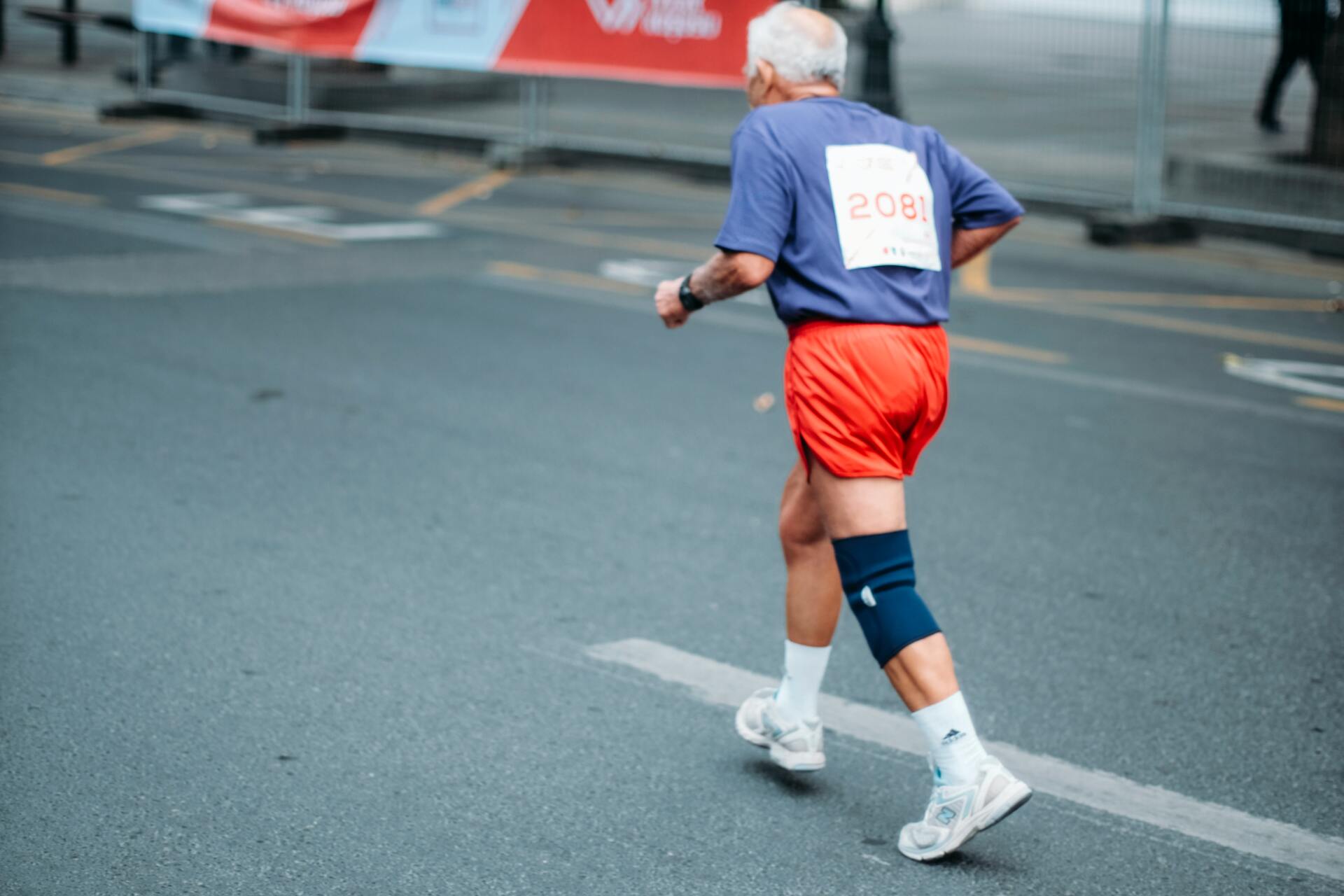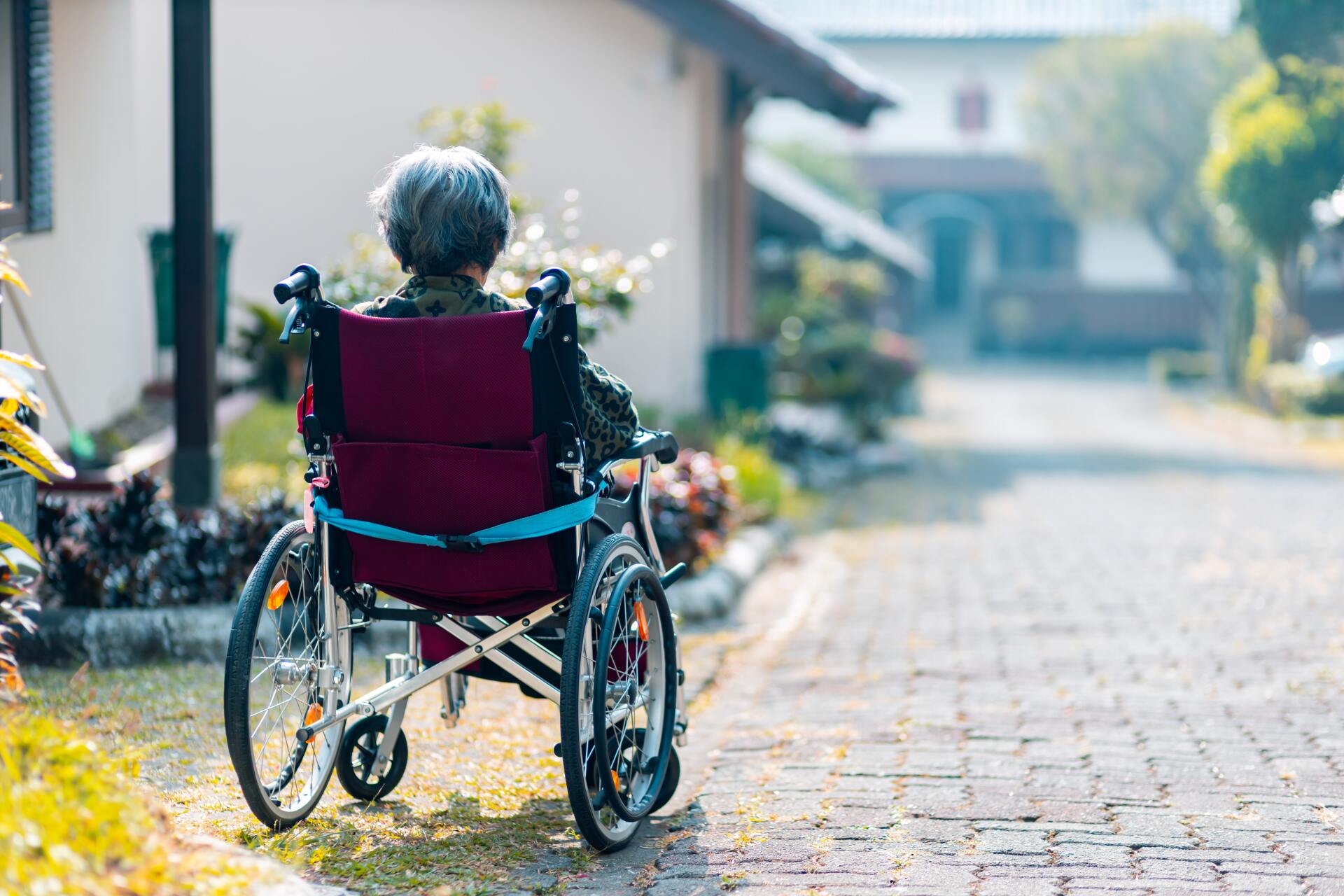BLOG
Memory Scapes • April 13, 2021
The Power of Choice
Recently I bought shoes for my little girl. She’s in kindergarten and is definitely finding her voice. Although the shoes were her favorite colors she avoided wearing them. So back to the mall we went to find another pair of shoes. A battle ensued as she picked out the most colorful and audacious shoes. She sat down, head hung low and murmured these words to me, “ why won’t you let me choose the shoes I want to wear?” Her question matched her deflated little heart. My heart sank because of my hypocrisy. I was reinforcing a powerless message to my beautiful, powerful daughter.
In the name of safety, many things are removed from our loved ones when a diagnosis of dementia is pronounced. The truth is many people with dementia can still learn familiar things well into middle stage, and giving choices is a powerful way to keep faculties engaged. Giving choices can reduce anxiety and help reduce reactions (also known as behaviors). Some ideas for choices include schedule choices, bathing choices, meal choices, and of course, clothing choices.
In a recent research article, Hegde et. al. states “Patients with dementia cannot be assumed to be incapable of making decisions. Patients with mild to moderate dementia can evaluate, interpret, and derive meaning in their lives.”
I believe in allowing people with dementia to continue to be as independent as possible, within the confines of safety, is critical. Narrowed choices like “do you want to wear the yellow top or the blue one?” or “would you like fish tonight or turkey breast?” These represent close-ended questions that still allow your loved one the power to choose. The right to choose is fundamental to the human spirit and promotes dignity, honor, and value.
1 Hegde, S., & Ellajosyula, R. (2016). Capacity issues and decision-making in dementia. Annals of Indian Academy of Neurology, 19(Suppl 1), S34–S39. https://doi.org/10.4103/0972-2327.192890

I was on a call yesterday where one of the participants was discussing the mental exercise it takes to see dementia as a disability versus a disease. My interest peeked as I have this fire inside of me to address stigmas and mindsets within the medical community. Dementia is such a robber; a thief of so many things. But I am determined to set our eyes on what still remains- not from a place of loss or lack.

Are you a Caregiver for someone with dementia? Has the recipient of your care been declining in memory? Are they wandering throughout the house? Do you need solutions to care-prep your home for their declining memory? Are you exhausted and overwhelmed? The truth is you’re not alone. A recent survey showed that over 32.4 million Americans have provided unpaid care to an adult 50 or older in the prior twelve months. (AARP, 2015) And more than 8 out of 10 caregivers have reported they could use more information about caregiving at home. The movement for a loved one to “age in place” is here but the tools needed to facilitate the transitions of declining memory with people with dementia are required. While working in skilled nursing facilities over the last decade I have seen the overwhelming response from family members preparing to take their loved one home after a short stay has been “How are we going to do this?” The challenges of a mom, dad, spouse, etc. not being “the same” after an illness or medical decline is real. The reality is dementia can progress rapidly with hospitalizations or with a disruption in the normal routine. Taking a loved one home after a stay at the hospital can be arduous. I am developing a home solutions webinar on this topic so stay tuned. But just some things to takeaway for now: o Disguise outdoor locks or install dead bolts. o Remove throw rugs o Apply colored stickers to disguise exits ( like MemoryScapes door wraps here ) o Remove poisonous plants. o Create an even-level of lighting near doorways, stairways, and between rooms. Use night lights that are motion-sensored. o Remove objects that block walking paths. o Remove and disable guns or other weapons. o Establish wayfinding with the use of directional stickers for the bathroom, kitchen, and bedroom. (see my visual aid stickers here in either English, Spanish, Mandarin, and Tagalog languages) o Is it easy to get outside or to other dangerous areas such as the kitchen, garage, or basement? o Is there a ramp or adequate stairs with a railing? o Do you have a plan for respite care or a support system to help? All of these components may be needed to insure you and your loved one can be safe at home. I also suggest calling upon a professional therapist (such as an occupational therapist) and certified age-in-place ( CAPS ) contractor to assess your home as this list is not exhaustive nor individualized to meet everyone’s needs. Caretaking is challenging; ever-changing with progressive needs. Re-tooling when an event occurs or the disease progresses is necessary.

I have worked in healthcare since I was sixteen years old, and I was visiting nursing homes since I was a child. My mom was a geriatric nurse and I have many hours visiting the elderly. We grew up in a multigenerational family, where I knew my great grandparents throughout my teenage years. Needless to say, I was raised to not only respect my elders but also love and revere them. So, when I hear “room 104 needs help” or “that dementia patient” my heart sinks a little. Not because there is malice behind the voice but because our healthcare system may have contributed to these missteps. In the rush, have we reduced patients down to a nameless and faceless diagnoses? Does calling someone “my dementia patient” define who they really are? I am not without fault in this too. I have mistakenly called someone by their diagnosis in conversation or in a teaching. But I know we can do better as healthcare workers and as a society. When I see a person with dementia, I see someone’s loved one, grandparent, devoted spouse, mother, father, best friend, coworker, scientist, home maker, engineer, hair stylist, gardener, farmer, artist, sister, brother, aunt, uncle, attorney, professor, daughter, son, pastor, steel worker, dreamer, lover. Even though a person’s mind may be ravished by this disease, it does not negate that they were contributors to the momentum of our society. They were movers and shakers, hustling to help their families. My resolve is to stop and pay attention; give pause out of true honor and respect for what each person has given to the world. And even if they are unable to respond back with a “thanks”, I can still hear their heart speak back a resounding “thanks- for I am not dementia. I am a human being .” My vision is to have products that still assist in people maintaining their highest functional level possible. The goal behind my visual aid stickers is to facilitate independence and reduce anxiety in people struggling with cognitive impairments. Let’s keep advocating they maintain all that they have. Let’s keep the humanity in their being. Click here to see my visual aid stickers .

